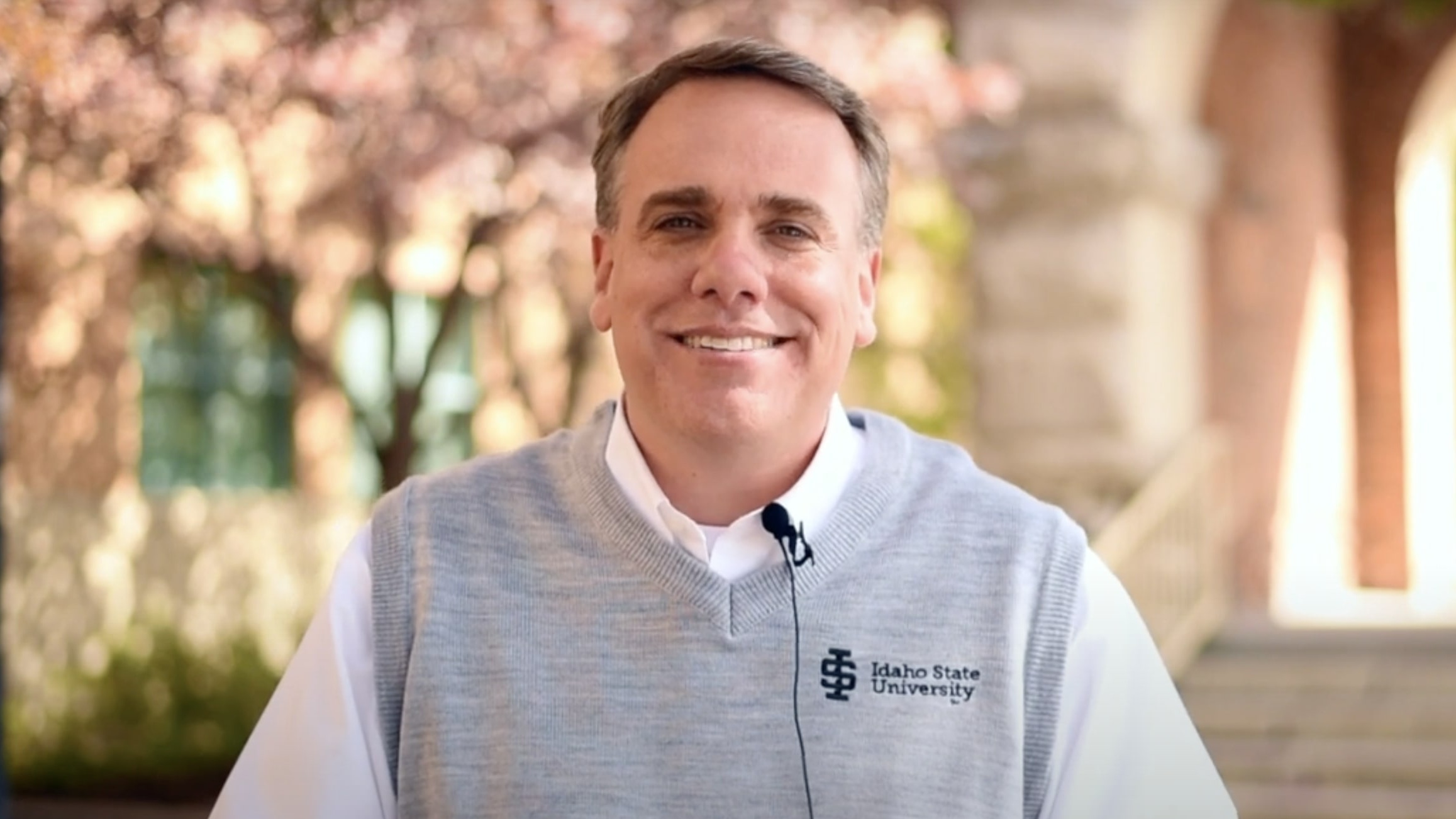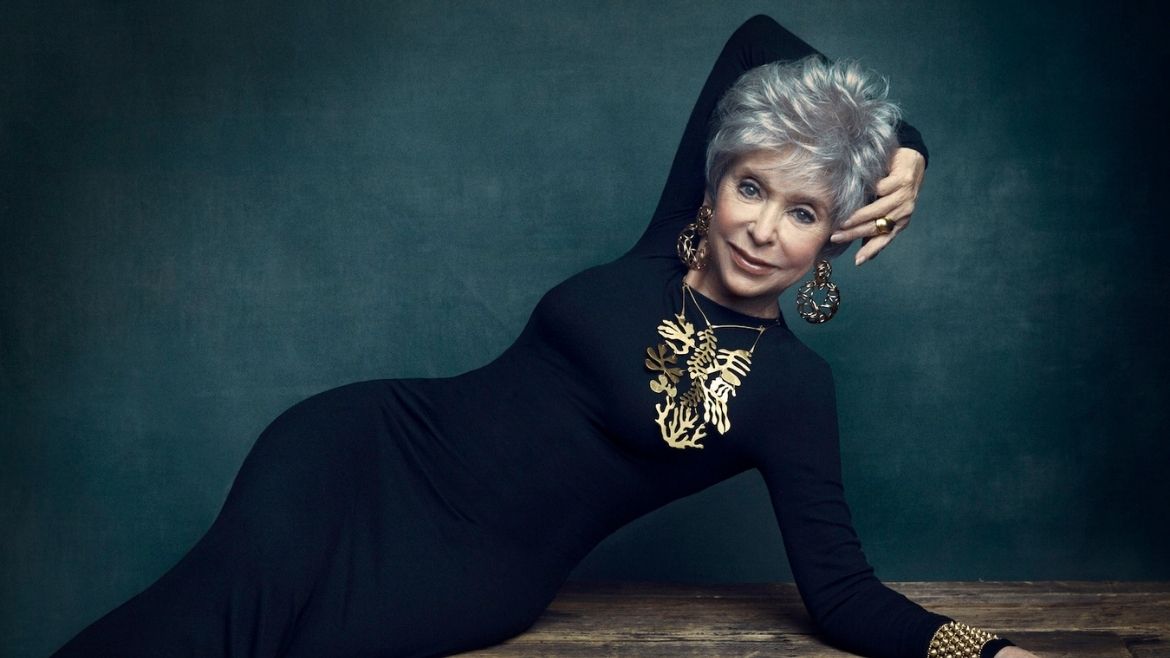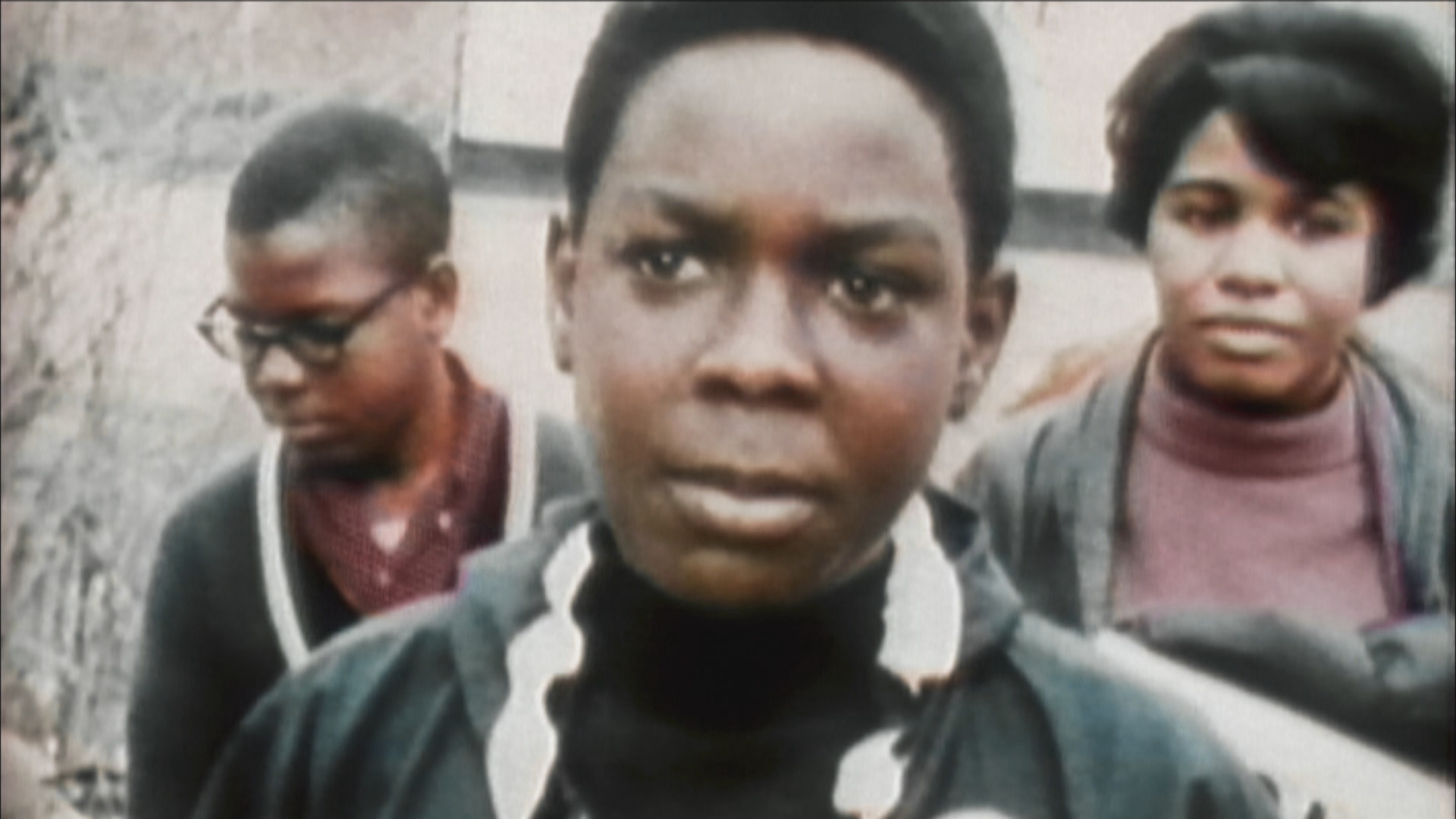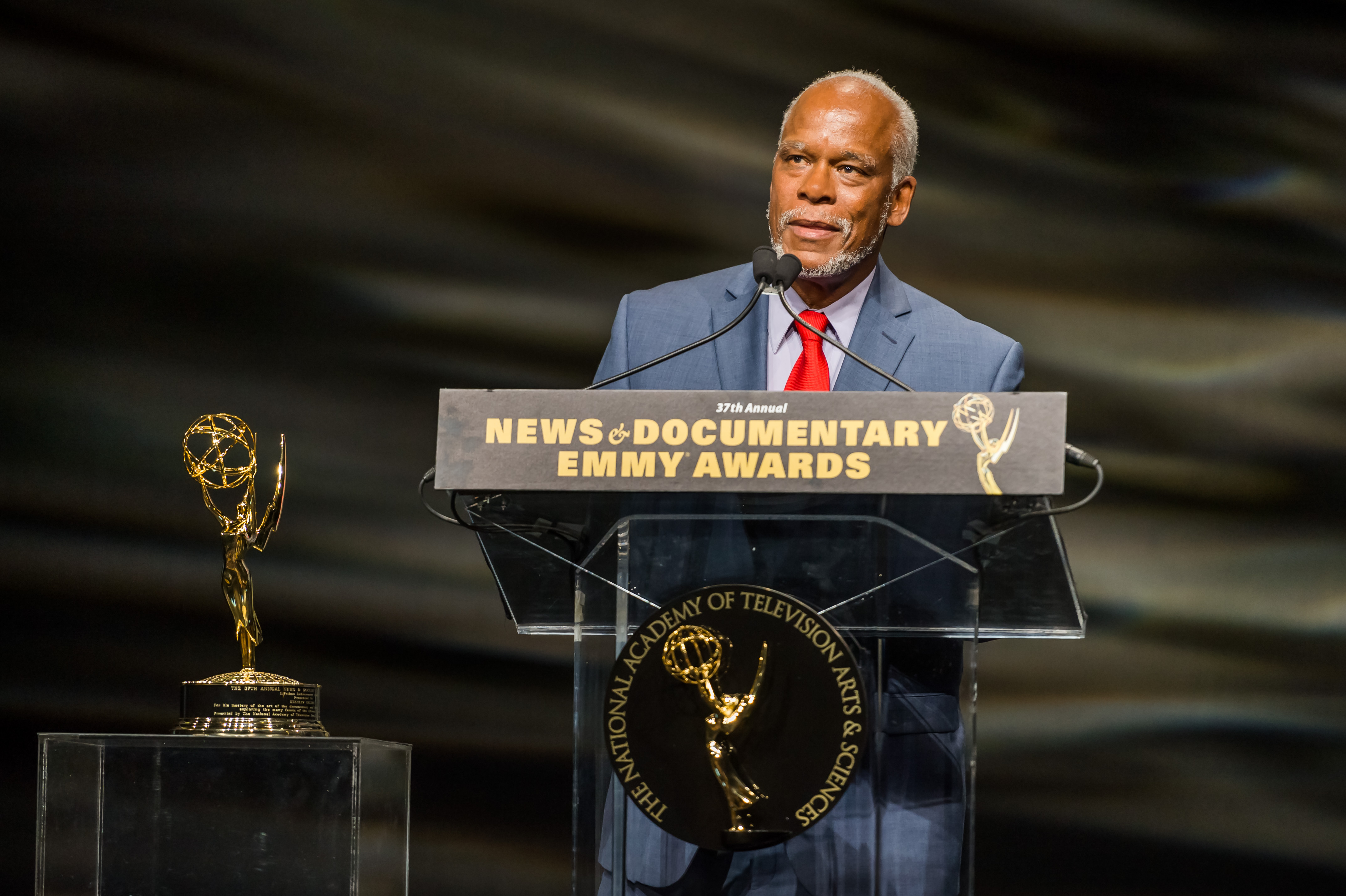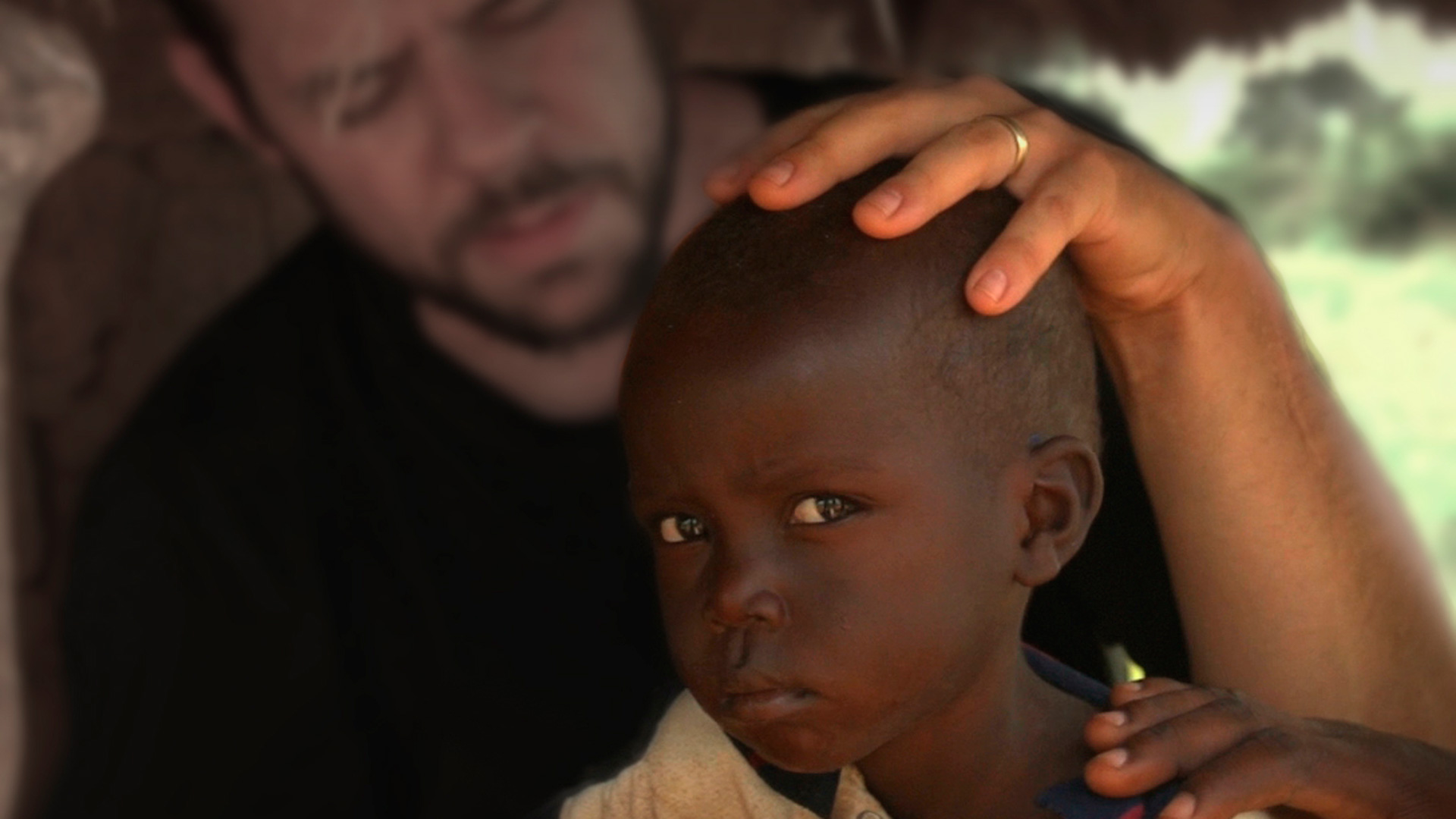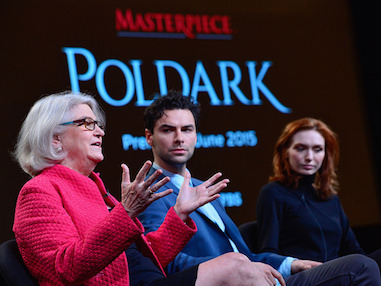Tag: American Experience
This PBS fan watched every episode of ‘American Experience’
Shane Hunt, a friends board member for Idaho PBS and a dean at Idaho State University, achieved the feat this spring.Rita Moreno recounts her remarkable career in ‘American Masters’ biopic
The actor, who overcame adversity to "grab the gold ring," describes her successes and struggles in her journey to the top.Mark Samels retires from ‘American Experience,’ Susan Bellows named acting EP
Samels supervised more than 130 historical documentaries during his 16 years as EP.‘The Vote’ explores suffragists’ roles as pioneering activists
"American Experience" will mark the 100th anniversary of the ratification of the 19th Amendment next summer with a two-part, four-hour documentary highlighting ...‘American Experience’ harnesses Facebook to identify teen in 50-year-old footage
The footage came from a march following the assassination of Dr. Martin Luther King Jr.New PBS films revisit war histories with present-day perspective
With examinations of Vietnam and the Great War, the documentarians are focusing on stories to help younger viewers understand today’s conflicts. ...Stanley Nelson urges academy to reach beyond comfort zone for new talent
Accepting an award for lifetime achievements, Nelson said that television has failed to tell “the full American story.”A look at previous presidents joins PBS lineup of election coverage
Six American Experience episodes will be rebroadcast in August.Makers, subjects of PBS’s indie docs bring diversity to public TV, study finds
The study’s authors argued that films such as God Loves Uganda are central to public TV’s mission.WGBH team offers social media tips at SXSW
Public media professionals who work in social media took to the stage at a South by Southwest session Friday to give real-world ...Slate of upcoming PBS shows includes specials on Vietnam War, American music
Masterpiece's "Poldark," which premieres in June, might also enjoy additional seasons on the network.Last Days lands Oscar nom; CPI, ProPublica recognized for data projects
Last Days in Vietnam scored PBS’s American Experience its ninth Academy Award nomination. Rory Kennedy produced and directed the film for AmEx, a documentary series that has run ...Sherlock, Downton Abbey lead PBS to eight wins in Creative Arts Emmys
Sherlock: His Last Vow won four of the eight Creative Arts Emmys awarded to PBS programs by the Academy of Television Arts & Sciences ...Tuesday roundup: CPB promotes Theriault; NPR draws criticism for science-fair story
Plus: American Experience pursues crowdfunding, Mohn appears on Tell Me More and KCPW's CEO quits.NEH awards $2 million to pubmedia projects
Seven public media projects got a boost July 21 with the announcement of grants from the National Endowment for the Humanities, which ...


